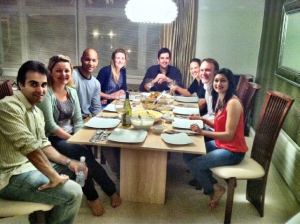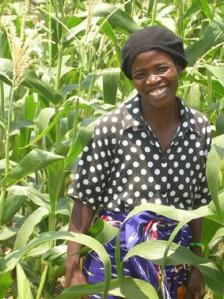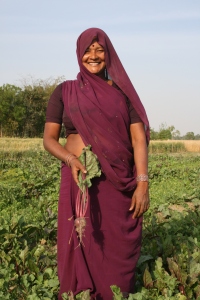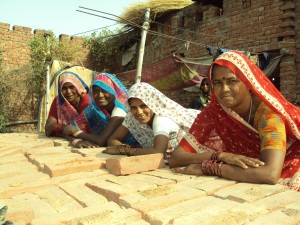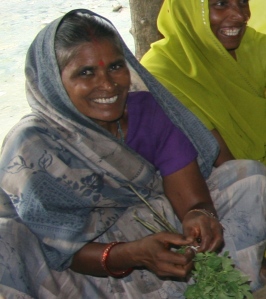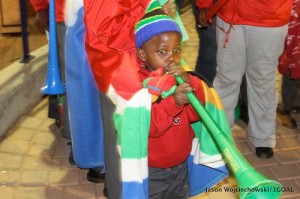As you are aware, this October was ‘Curry for Change’ month here at Find Your Feet. The idea behind this campaign was to raise money for our work through curry evenings held by our supporters. From the feedback we’ve heard, the curry evenings that were held were a great success!
The quote below is from one very satisfied supporter:
“It was a great evening – I cooked up a feast of Potato Vindaloo, lentils and rice, naan and homemade mango chutney (I was particularly proud of this!). Six friends came round and made a donation for dinner. Everyone was so pleased to be involved in doing something for such a worthwhile cause and it’s such a fantastic idea.”
We are very appreciative of curry connoisseur Anjali Pathak supported our campaign by hosting two ‘Curry for Change’ nights of her own.
We are very grateful to all who held an evening and got involved this October.
The money raised will truly be life changing for rural communities with which we work. Take the case of Funny Nkhonjera, a Malawian woman that FYF worked with. She was taught sustainable farming skills, such as using compost from local products on her crops, instead of expensive and environmentally-damaging fertilisers. Her local community were also brought together and taught how to properly irrigate their land, meaning that now Funny’s family “has enough food to eat all year round, even during the hungry season”. With the money raised through ‘Curry for Change’, FYF will be able to continue helping the lives of impoverished people like Funny , working with them to achieve a sustainable and higher quality way of life.
Inspired to help people like Funny to build a better future? Find out how to get involved with our work at our website: http://find-your-feet.org/get-involved-today.html
Don’t forget to follow us on Twitter @FindYourFeet and to like us on Facebook!
